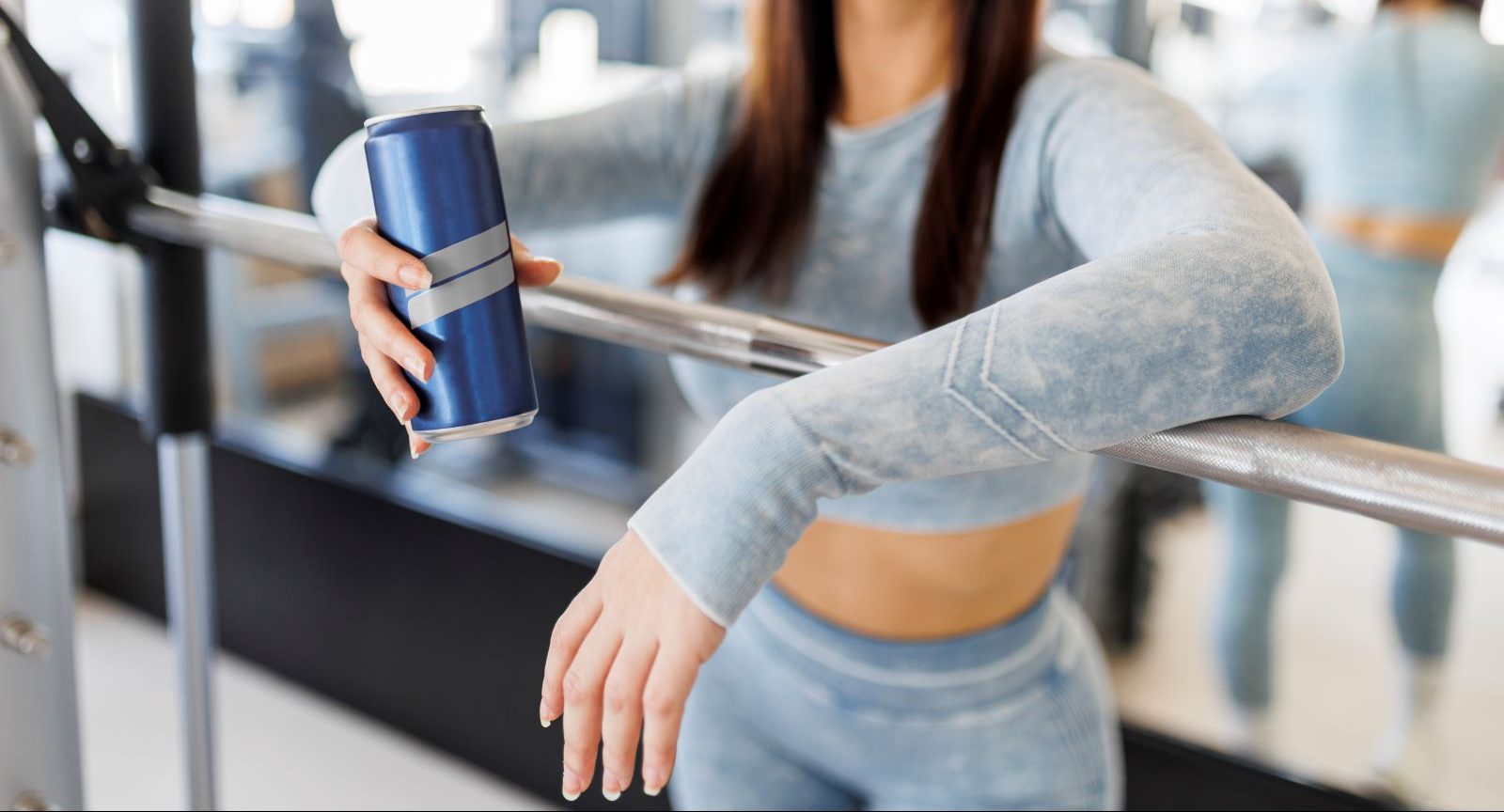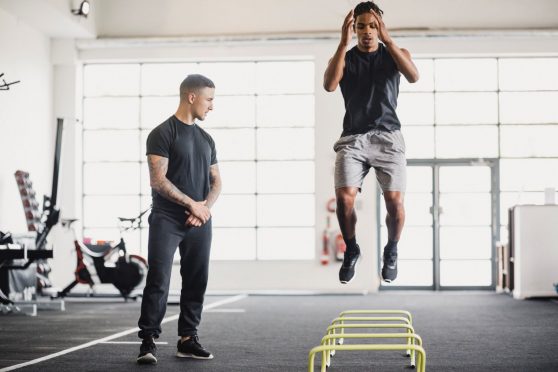Sports fans may notice a new beverage in the hands of their favorite NFL players this season.
The new Gatorade energy drink, aptly named “Fast Twitch,” is available exclusively on the sidelines of NFL games (for now). Fast Twitch tastes similar to regular Gatorade but contains a blend of electrolytes, B-vitamins and 200 milligrams of caffeine – double the caffeine content of Red Bull. It’s set to hit shelves in February 2023.
As more athletes turn to energy drinks to enhance their athletic performance, it begs the question – are those drinks really helping?
> Connect with the Sports Health team at the Bone & Joint Institute
How do energy drinks affect performance?
The primary ingredient in energy drinks is caffeine. But they generally pack much more of a punch than other types of caffeinated beverages:
- Soda – 40 mg
- Coffee (8 oz.) – 95 mg
- Red Bull – 80 mg
- Monster – 160 mg
- 5 Hour Energy Shot 200 mg
- Bang Energy – 300 mg
“It gives the sense of increased energy when athletes are tired or exercising, which is why they often use them,” said Stephanie Saucier, MD a cardiologist with Hartford HealthCare’s Heart and Vascular Institute.
Young athletes can be even more vulnerable.
“Those under the age of 18, overall, have a lower tolerance to caffeine in general,” said Dr. Saucier. “They can really feel the side effects from the energy drinks and are more prone to adverse effects, especially if they are drinking more than one.”
> Want more health news? Text StartHere to 85209 to sign up for text alerts
What else is in energy drinks?
In addition to caffeine, energy drinks contain other listed or unlisted stimulants and ingredients that compound the effects of caffeine, such as:
- Guarana
- Ephedra
- L-carnitine
- Taurine
- Ginseng
- Green tea extract
Some of these substances are also banned or limited for competitive athletes by the NCAA and World Anti-Doping Agency.
What are the health risks?
Energy drinks and caffeinated beverages should not be used for hydration before, during or after physical activity. If they are consumed too close to the time of exercise, they can cause:
- Arrhythmia, or irregular heartbeat
- Increased blood pressure
- Increased heart rate
- Heart attack
- Palpitations
- Postural orthostatic tachycardia syndrome
- Sudden cardiac death
Other potential side effects include:
- Seizures
- Hallucinations
- Insomnia
- Jitters
- Increased anxiety
- Obesity
- Caffeine withdrawal
In addition, regular consumption of energy drinks can increase blood pressure or lead to cardiovascular disorders.
What’s the best energy source for athletes?
“Do not reach for a quick fix of a stimulant from energy drinks. Stimulants may temporarily make you ‘feel better,’ but ultimately are just a quick fix and overlook what you actually do need – calories,” said Barrett. “Calories are the best energy source for the body.”
Carbohydrates, he added, allow athletes to train harder and recover more easily from strenuous exercise or competition.
“To get the most energy going into your sport, get seven to nine hours of sleep, follow a healthy diet and exercise regularly,” Dr. Saucier said. “If someone does want to drink caffeine or a caffeinated beverage, stick to natural forms of caffeine such as ground coffee or tea. It’s not caffeine that’s dangerous, but rather the amount.”



